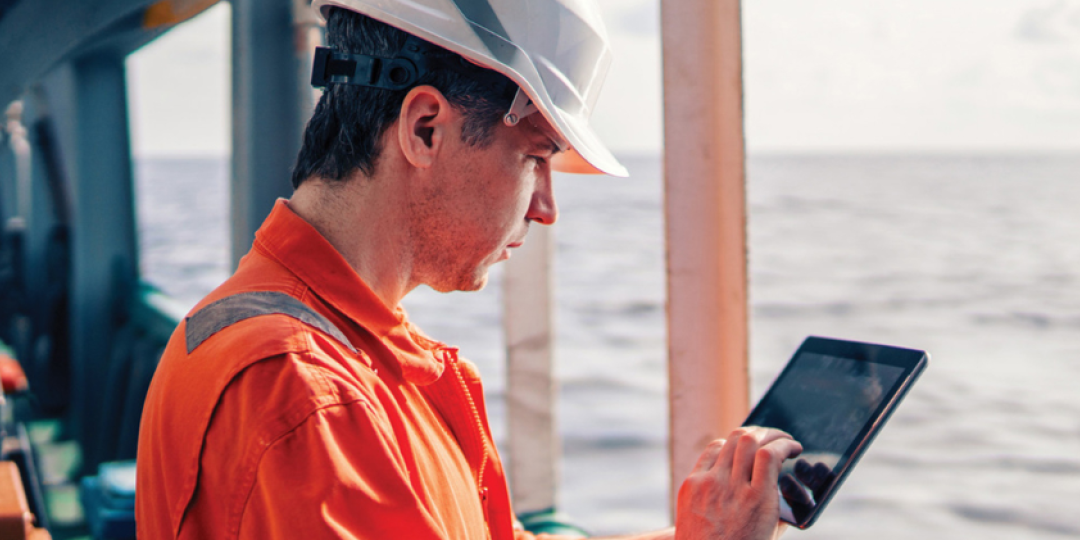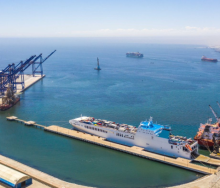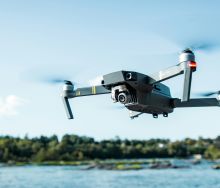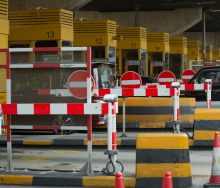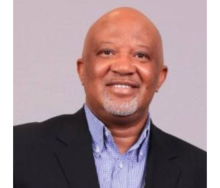The International Chamber of Shipping (ICS), Lloyd’s Register OneOcean (LROO) and the Maritime Industry Authority (Marina) in the Philippines Department of Transportation have signed a landmark agreement to digitise seafarer certification.
ICS announced in a statement that the parties had signed a Memorandum of Understanding (MoU) outlining collaboration on a pilot project to explore the integration of seafarer certification systems and to develop a new mobile application.
The MoU, signed at the International Maritime Organization headquarters in London this week, aims to reduce the current administrative burdens associated with paper-based seafarer endorsement and verification, while ensuring efficiency for flag administrations, port state control authorities, seafarers, shipping and ship management companies.
“Paper certificates continue to dominate the industry despite seafarer documentation requiring regular renewal, with differing requirements and processes between countries. This can cause challenges such as increased risk of errors and vulnerabilities and longer delays,” the ICS said.
However, as the industry moves towards digital solutions to maximise safety and efficiency, the pilot will assess potential pathways for digitising certification processes with a focus on security, streamlined collaboration and ease of use.
“We believe this is the imperative next step to support the entire sector with a new solution that will not only minimise the administrative burden but maximise efficiency for a safe and sustainable industry,” said ICS Secretary General Guy Platten.
“The Philippines is the world’s largest provider of seafarers and working together with Marina is key to this pilot project. We look forward to collaborating with Lloyd’s Register OneOcean and Marina in making this a success,” he said.
LROO co-CEO Nicholas Goubert said the company already had an established role in maritime compliance and safety.
“Through LR OneOcean, we are now applying our expertise to explore how digital solutions can streamline certification, making processes more efficient for seafarers, flag administrations and the wider industry,” he said.
“Working alongside ICS and Marina on this pilot project is an exciting opportunity to bring together different perspectives and expertise to explore a digital certification approach that could benefit the entire maritime sector, improving accessibility, security and regulatory compliance in a meaningful way.”
Marina administrator, Sonia Malaluan, said the agency was committed to embracing digital innovations that enhance efficiency and security.
“The pilot project marks a significant step in providing a global platform for a streamlined and seamless certification process for the Filipino seafarers. This collaboration reinforces the Philippines’ commitment to aligning with global maritime standards and moving towards digital transformation in the maritime industry,” Malaluan said.
The pilot project will test the feasibility of a system where all seafarer certificates can be securely stored and consolidated, allowing real-time access for all key stakeholders. This will also allow seafarers to take ownership of their data and control how it is used, with the system facilitating travel and movement for the benefit of the entire industry.
Significantly, the objectives of this collaboration align with recent amendments to the STCW (Standards of Training, Certification and Watchkeeping for Seafarers) code that came into effect on January 1, supporting the maritime industry’s transition to digital certification.
The new MoU sets out the collaboration between the three parties on the pilot project to evaluate the technical and regulatory framework needed for a global digital certification system.
ICS, LROO and Marina will develop an initial API (Application Programming Interface) integration concept to explore linking Marina’s Integrated Seafarers Management Online System (Mismo) to the pilot platform.
Upon successful validation of the concept, Marina will engage with its seafarer community, approximately 400 000 Filipino seafarers, to gather insights on digital certification needs and potential adoption pathways.
